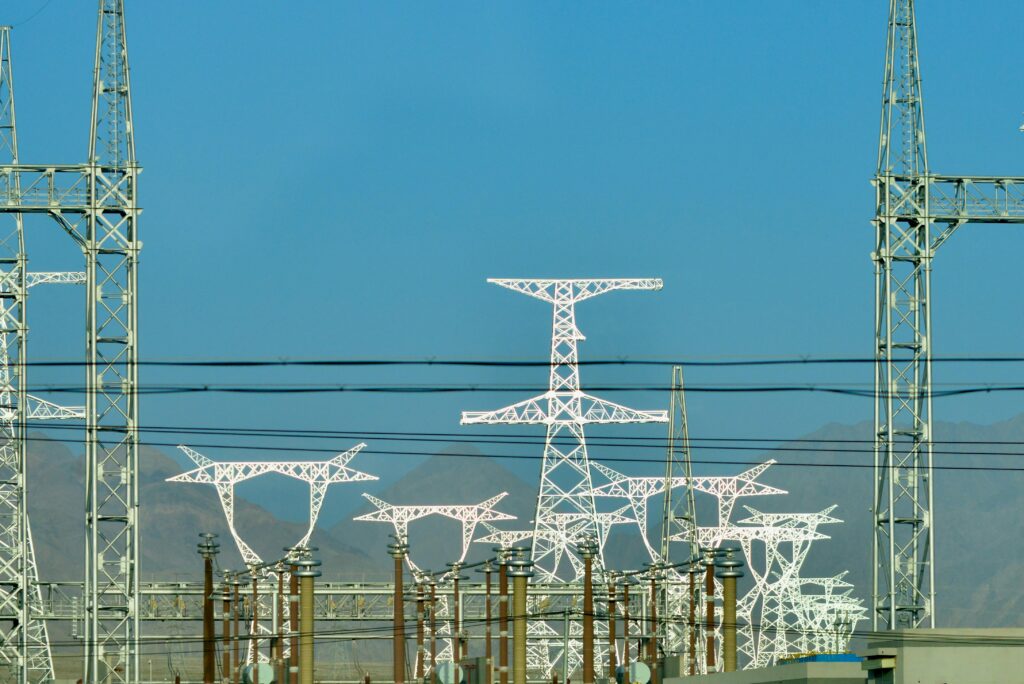Estonia, Latvia, and Lithuania—have officially disconnected from the Russian power grid and switched to European electricity supplies. For decades, Russia had been the primary supplier of electricity to these countries. However, in a significant shift, they have now fully integrated into the European power system. This move marks a historic change in the region’s energy landscape and comes amid increasing energy challenges.
A Major Shift in the Baltic’s Energy Landscape
The Baltic states have long relied on Russia for electricity. However, with rising geopolitical tensions and the ongoing conflict in Ukraine, the region has sought to reduce its dependence on Russian energy. Over the weekend, the final ties to the Russian electricity grid were severed, and Estonia, Latvia, and Lithuania joined Finland, Sweden, and Poland as part of the European electricity grid.
This integration is a critical step in ensuring the energy security and independence of the Baltic states. While the decision to disconnect from Russia’s grid has been hailed as a triumph, it has come with its own set of challenges.
Surge in Electricity Prices Across the Region
One of the immediate consequences of this transition has been a sharp rise in electricity prices across the Baltic region. Since the disconnection from the Russian grid, electricity prices have surged, driven by a combination of factors, including low wind production, weak sunlight, and rising natural gas prices.
In Estonia, electricity prices soared from €126 per megawatt-hour (MWh) to €191 per MWh, marking the highest level in 2025 so far. This price hike has placed significant pressure on consumers and businesses in the region.
Experts point to colder weather and reduced wind power generation as contributing factors to the rise in electricity prices. According to Elering, the electricity and gas transmission system operator in Estonia, the colder weather has led to higher demand, while weak wind and solar energy production have left the region more dependent on fossil fuels, pushing up costs.
The Impact of Gas Prices and Fewer Connections
The energy market in Europe has been struggling with high gas prices for several years, and the Baltic region is no exception. The price of natural gas, which heavily influences electricity generation, has reached record highs in recent years on the Dutch TTF (Title Transfer Facility) market. Although experts predict that gas prices may begin to decline in the near future, they are still a significant factor driving up energy costs.
The Baltic states’ disconnection from the Russian power grid has also resulted in fewer electricity connections within the region, exacerbating the situation. The ongoing challenges of energy distribution and grid integration have made the Baltic states more vulnerable to price volatility and supply shortages.
Cable Damage and Grid Issues
One of the most significant issues affecting the region’s electricity prices is damage to the underwater Estlink 2 cable. The cable, which connects Estonia to Finland, was damaged in an anchor accident, limiting the amount of electricity that can be transmitted between the two countries. This issue has further strained the Baltic states’ electricity supply and contributed to the rising prices.
Experts believe that if the Lithuanian-Swedish electricity cable were fully operational, electricity prices in the Baltic region would already be much lower. However, with the Estlink 2 cable still out of commission and other cables experiencing operational difficulties, the region continues to face challenges in stabilizing its energy supply.
The damaged cables highlight the importance of robust infrastructure and interconnected grids, especially for regions undergoing significant shifts in their energy supply sources. While the Baltic states are now part of the European electricity market, their reliance on damaged and limited grid connections has kept prices higher than they would be otherwise.
Moving Towards Energy Independence
Despite these challenges, the move towards European electricity supplies is seen as an essential step in the Baltic states’ pursuit of energy independence. The switch from Russian power to European grids is a bold move, underscoring the region’s commitment to reducing its reliance on Russia amid ongoing political tensions.
The integration into the European power system is expected to bring long-term benefits in terms of energy security and stability. However, the immediate challenges of rising prices and grid issues have underscored the complexities involved in this transition.
What’s Next for the Baltic States’ Energy Future?
As the Baltic states continue to adjust to their new energy reality, much remains uncertain about the future. The transition to European electricity supplies is an important milestone, but it is only the beginning of a larger effort to modernize the region’s energy infrastructure.
In the coming years, the Baltic states will need to address the issue of grid connectivity and work to repair or replace damaged cables, such as the Estlink 2 cable, to ensure a more stable and cost-effective energy supply. Additionally, as the region moves away from Russian energy, there will be an increasing focus on renewable energy sources like wind and solar to reduce reliance on fossil fuels.
For now, however, the immediate concern remains the rising electricity prices. As the region grapples with these challenges, it will be crucial to find ways to stabilize the market and protect consumers from further price shocks.
In the long term, the Baltic states are likely to continue strengthening their ties with European energy markets, working toward greater integration and energy independence. The successful integration into the European grid marks a crucial step in that journey.
For the latest updates on the Baltic states’ energy situation, visit Euro News 24.
